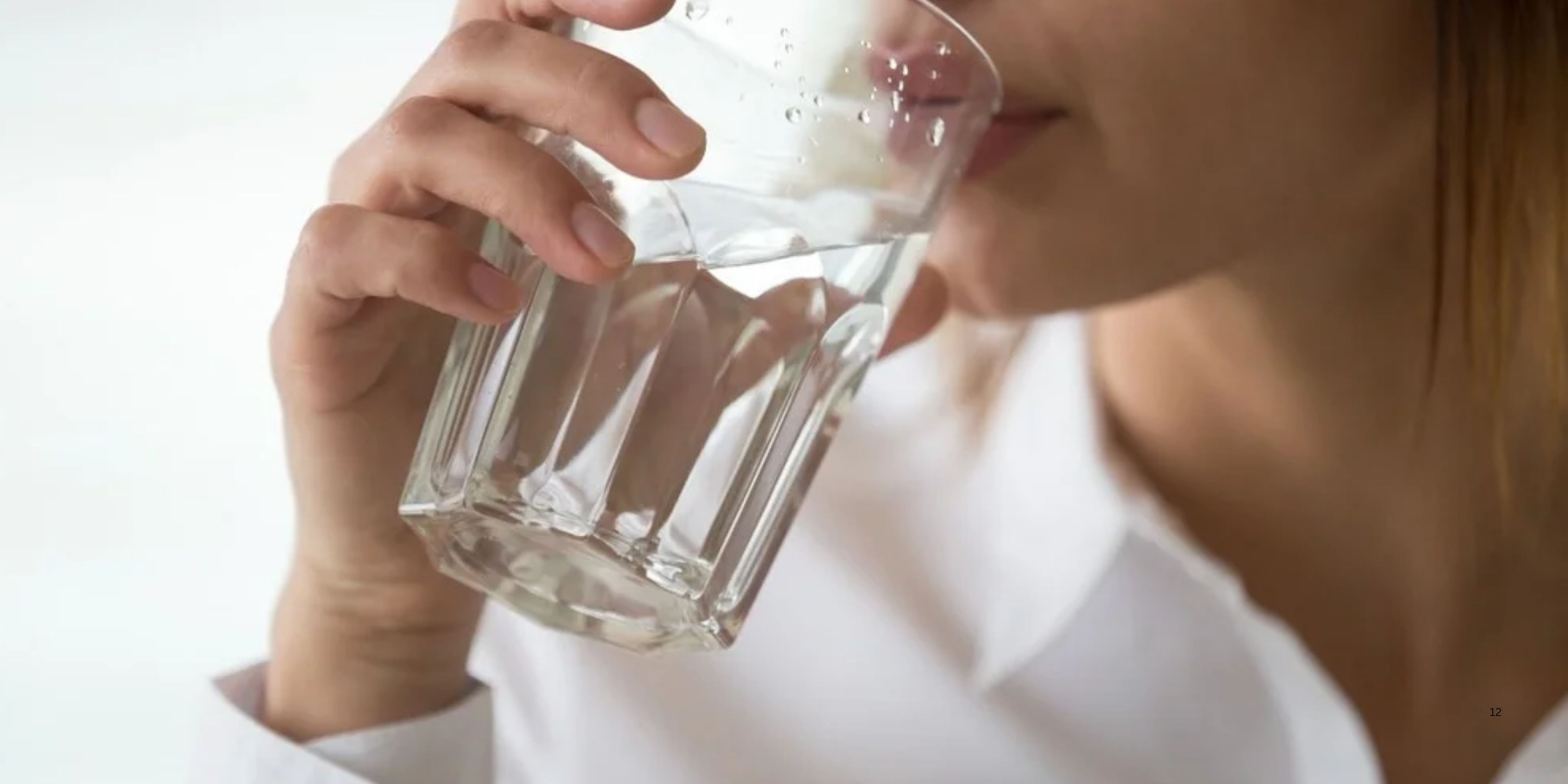
“
Hydration & the importance of drinking water are often overlooked in daily health habits, yet they influence nearly every function in the body. From brain clarity to joint flexibility, hydration and the importance of drinking water play a silent but essential role in keeping us functioning at our best. This article explores hydration & the importance of drinking water through 20 science-backed and everyday life-enhancing facts that make this simple habit worth prioritizing. 1
1
”
Over half your body is water, powering circulation, digestion, and cell activity. Losing even 1–2% of that fluid starts to affect energy, focus, and overall performance more than most realize. 1
Just slight dehydration can cloud thinking, dull memory, and mess with your mood. Your brain needs water to stay sharp, and skipping it may lead to brain fog or irritability without warning. 2
Water helps carry oxygen to your cells and flushes waste from your system. Without enough oxygen, your blood thickens, your heart works harder, and you feel tired even doing normal things. 3
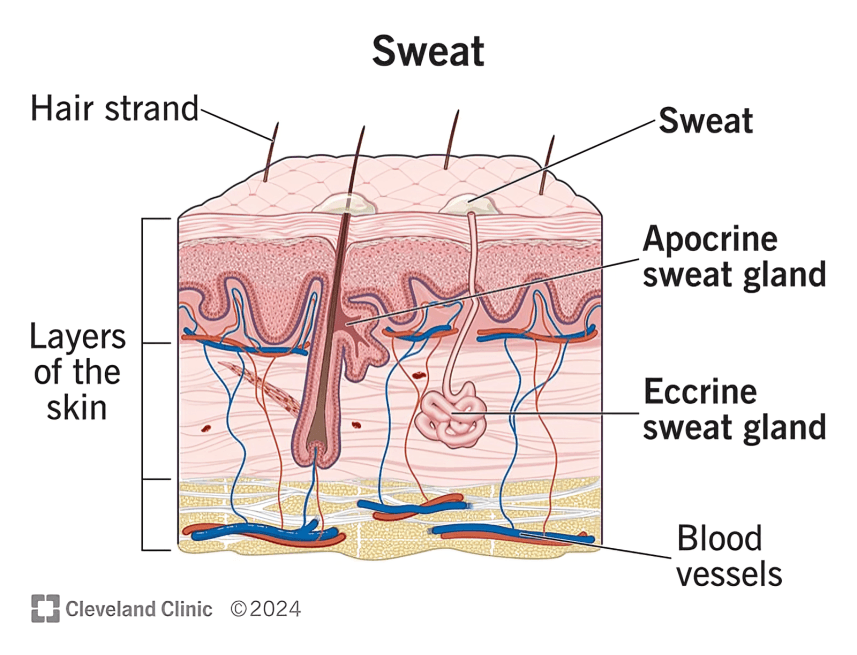
Sweating cools your body, but that system only works with enough hydration. When you’re low on fluids, heat can overwhelm you quickly, raising the risk of heat exhaustion or worse.
Staying hydrated supports healthy digestion by assisting in the breakdown of food and the absorption of nutrients. It also prevents constipation by keeping the digestive tract lubricated and the stool soft enough to pass comfortably.4
Proper hydration is vital for joint lubrication. Synovial fluid, which cushions joints, depends on water for its viscosity. Dehydration can reduce joint flexibility and cause discomfort, especially in people with active lifestyles.5
Kidney function depends on adequate water intake to flush out toxins and excess minerals from the bloodstream. Inadequate hydration can result in concentrated urine, increasing the risk of kidney stones.6
Drinking plenty of water helps maintain skin elasticity, minimizes dryness, and supports the skin’s protective barrier. Well-hydrated skin is less prone to irritation, which helps reduce visible aging and inflammation over time. 7
Thirst isn't always a dependable signal for hydration. By the time you feel thirsty, your body may already be lacking essential fluids. Sipping water throughout the day helps prevent dehydration before symptoms appear. 8
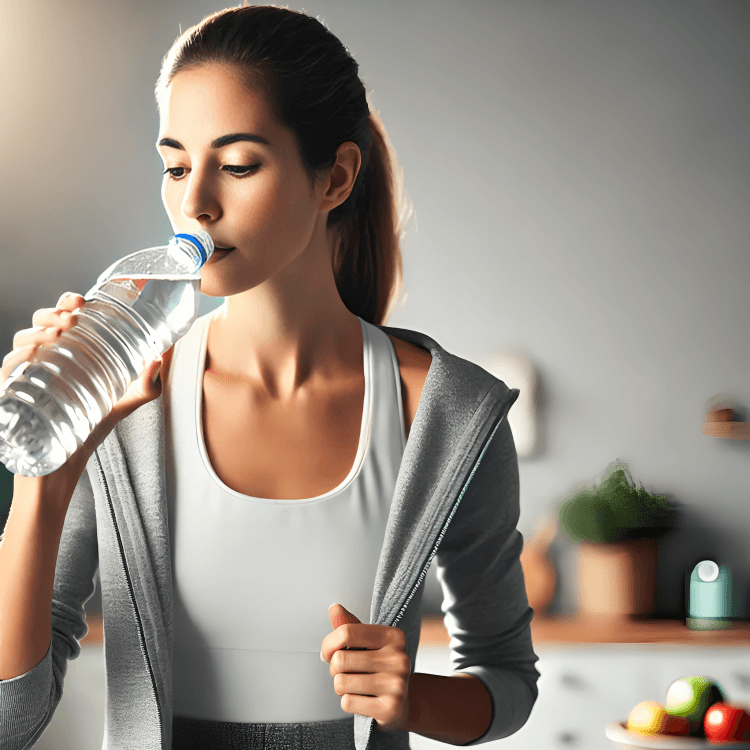
Drinking water before and during exercise enhances endurance and strength. Muscles are around 75% water, and even minor fluid loss can lead to early fatigue or cramps, limiting physical performance.
Hydration supports immune defense by ensuring that mucous membranes in the respiratory and digestive tracts remain moist. These barriers trap pathogens early, helping your body stay ahead in defense. 9
Water plays a role in nutrient absorption. It dissolves vitamins, minerals, and other essential nutrients, enabling their transport through the bloodstream and into cells where they’re needed for energy. 10
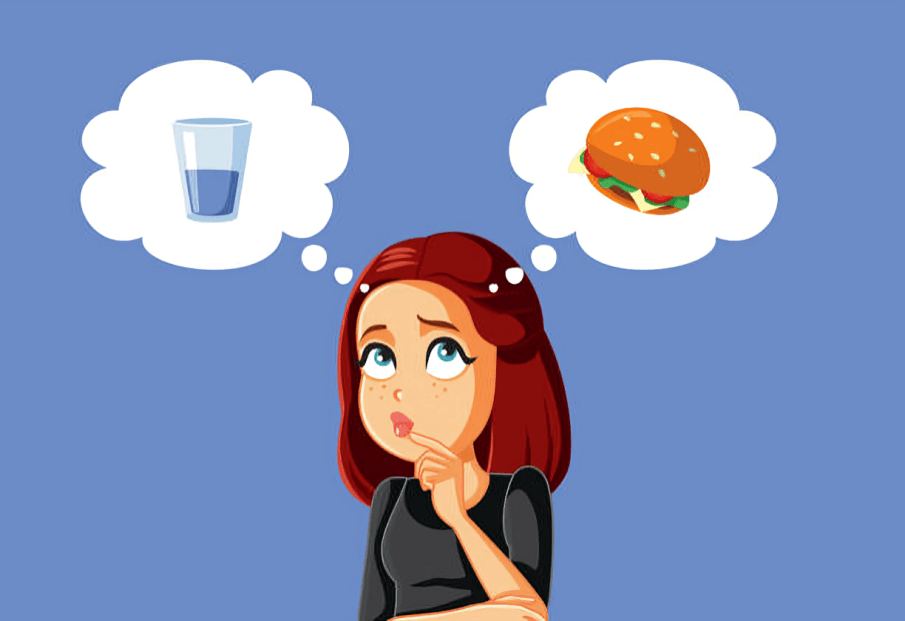
Dehydration often disguises itself as hunger. People sometimes mistake thirst cues for food cravings. Drinking water before meals can help with portion control and support weight management.
The liver requires hydration to metabolize stored fat into energy. When water is scarce, the liver shifts its energy toward helping the kidneys with detoxification, slowing down fat metabolism. 11
Consistently drinking water can help prevent headaches. Dehydration reduces oxygen flow to the brain and causes blood vessels to narrow, which are common triggers for migraines and headaches in both children and adults.12
Proper hydration aids in saliva production, which is essential for breaking down food and preventing dry mouth. Saliva also contains enzymes that start digestion and help protect teeth from decay and bacterial buildup.13
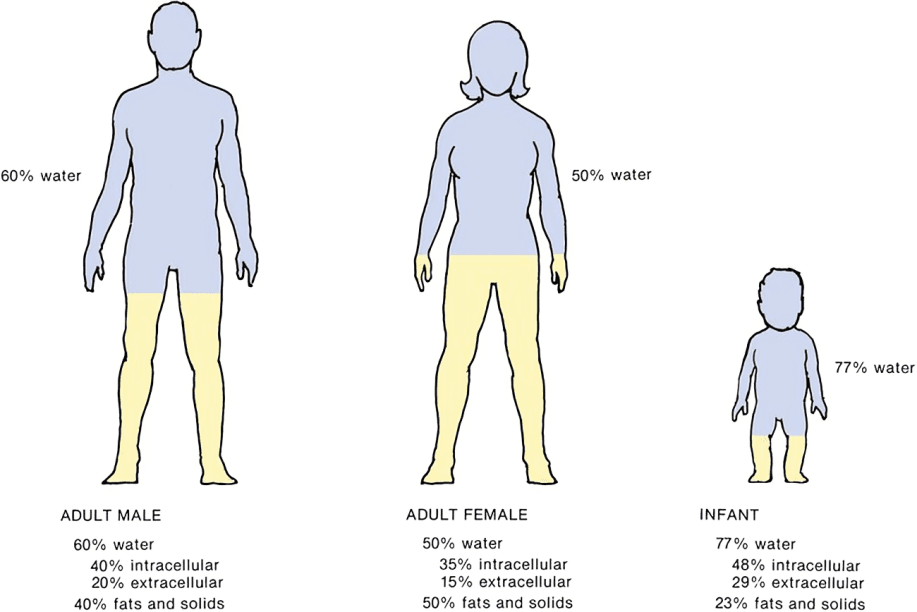
Children are more prone to dehydration due to their higher body surface area relative to volume. They may not always recognize thirst, so regularly offering water, especially during play and heat, is essential for their health
Seniors are also at greater risk of dehydration due to diminished thirst sensation and lower kidney function. Encouraging frequent water intake helps support circulation and mental clarity in older adults. 14
Not all beverages hydrate equally. Drinks high in caffeine, sugar, or alcohol can act as diuretics, increasing fluid loss. Pure water remains the most effective, efficient, and body-friendly source of hydration. 15
Hydration improves appearance by reducing puffiness and dark circles, while also making hair look shinier and stronger by supporting healthy follicles and better nutrient delivery.16


